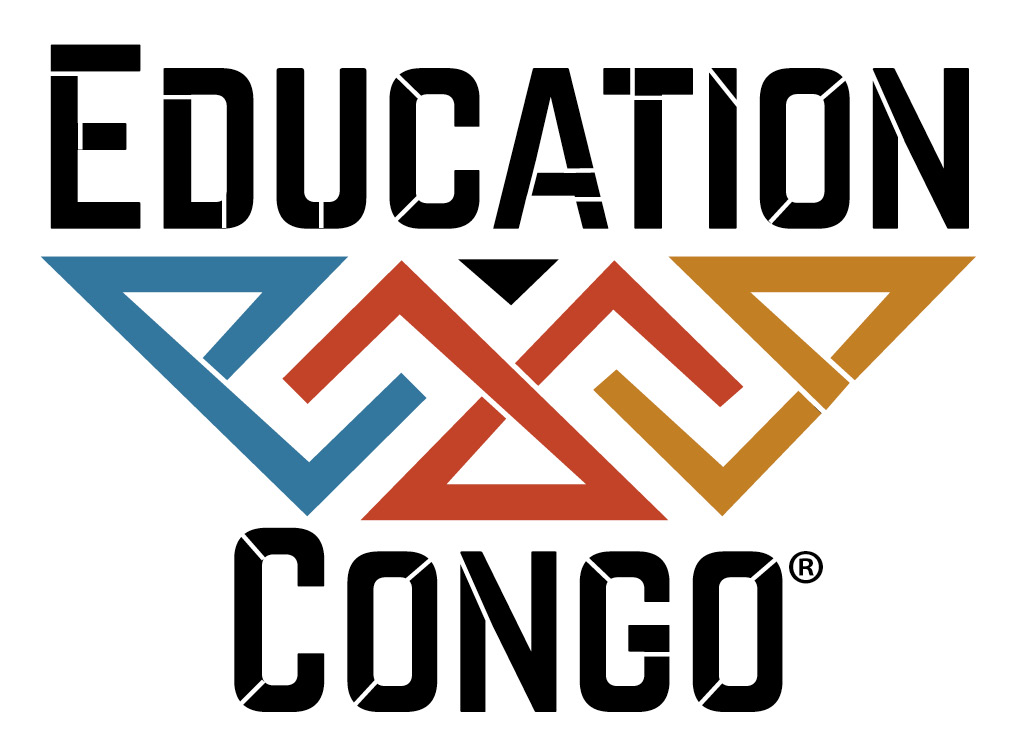Why is biochemistry important in a country where electricity is spotty and the necessities of life are barely within reach? The training that students will receive at the Congo Protestant University in the recently-established compulsory biochemistry course will provide the budding doctors with basic lab techniques and the rationale behind them. As one of the first such practical, hands-on courses in biochemistry to be offered in Congo, it found its beginnings during a conversation between Dr. Samuel Mampunza, Vice President of the University and the Dean of the Medical School, and Dr. Brigitte Schmitz three years ago in Bonn where Dr. Schmitz was a professor at the University of Bonn before her retirement.
Research is fundamental to being an effective doctor. “It is important to establish a practical course here in Congo instead of sending students abroad,” says Dr. Schmitz. Learning basic lab techniques provides the background and rationale behind their application in diagnosis and therapy. As the University students prepare themselves for internships in rural hospitals and possible careers in remote areas of Congo, the scientific methods learned in this course will train them to understand and potentially apply these techniques to improve, for example, their diagnoses. “[One must] understand each step of a process in order to understand the whole. Breaking down a technique into its component parts also allows more effective troubleshooting when things don’t work as expected,” concludes Josefina M. Coloma and Eva Harris (British Medical Journal 2004).
The University is 100% committed to the students’ education and this course is yet another indication of that commitment. In fact, the University has funded all aspects of this project including the equipment that Dr. Schmitz obtained in Germany. According to Dr. Mampunza, “Biochemistry is a fundamental subject in the study of medicine.” Spending time with the students in the lab as they bend over their test tubes, there is an excitement in the air. According to the students, this course provides a great foundation for the remainder of their medical studies because they realize that a modern-day doctor must understand a wide variety of approaches to diagnoses and therapies. Under the guidance of Dr. Schmitz, a team of instructors and professors are coordinating on this eight-week course which is comprised of lecture instruction and one lab session/experiment per week.
As the newly minted doctors venture out to build the nation, they will have been provided yet another tool necessary to meet that challenge.

© North American Liaison Bureau dba Education Congo.
All Rights Reserved.
Website by: OneEach Technologies
Sitemap | Privacy Policy | Login